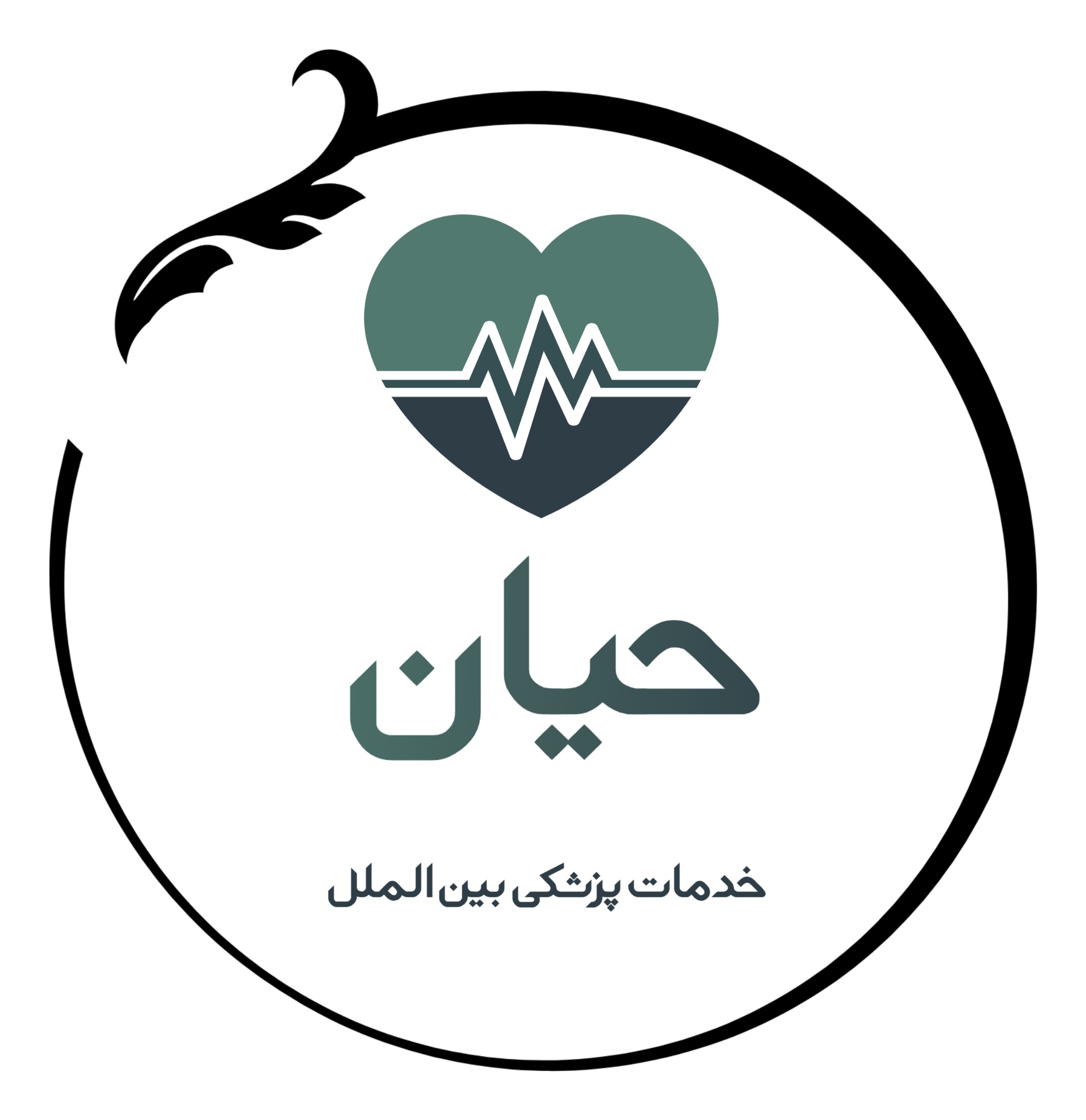Introduction: Iran, the Cradle of Civilization
With over 7,000 years of recorded history, Iran is one of the world’s oldest civilizations. Known for its cultural diversity, magnificent architecture, and unique traditions, Iran has always fascinated travelers and history enthusiasts. From the Elamite civilization to the Achaemenid Empire, and from the Islamic era to modern times, Iran is a treasure trove of cultural heritage, perfectly complemented by Hayyan Team’s tailored travel experiences.
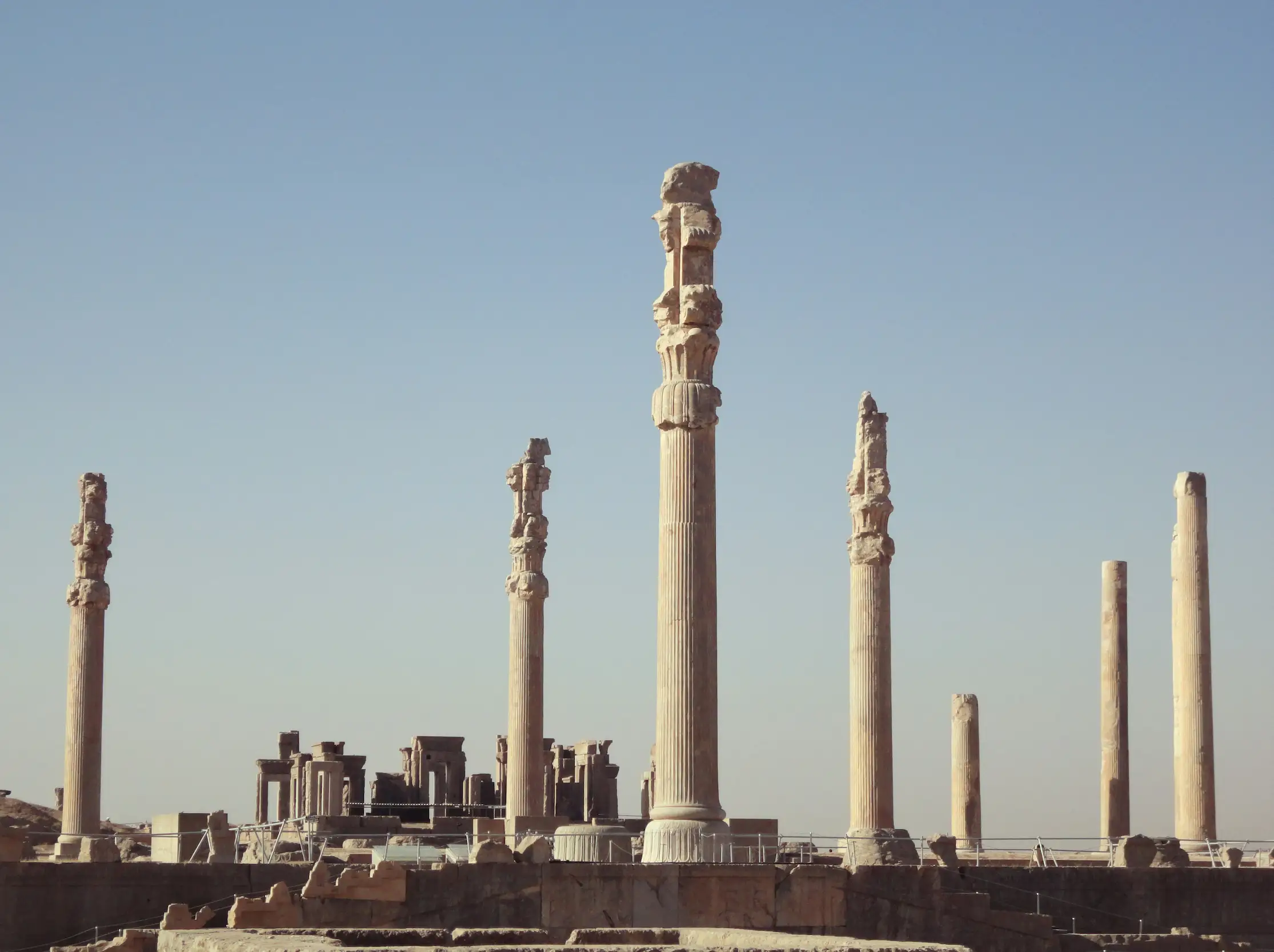
Iran’s Rich History: From Ancient Times to the Present
Ancient Era
- Achaemenids (550–330 BCE): Construction of Persepolis, a symbol of imperial grandeur.
- Sassanids (224–651 CE): Building of Chogha Zanbil Ziggurat and Shahr-e Sukhte.
Islamic Period
- Safavids (1501–1736 CE): Creation of Naqsh-e Jahan Square and Sheikh Lotfollah Mosque in Isfahan.
- Qajars (1789–1925 CE): Development of Golestan Palace in Tehran.
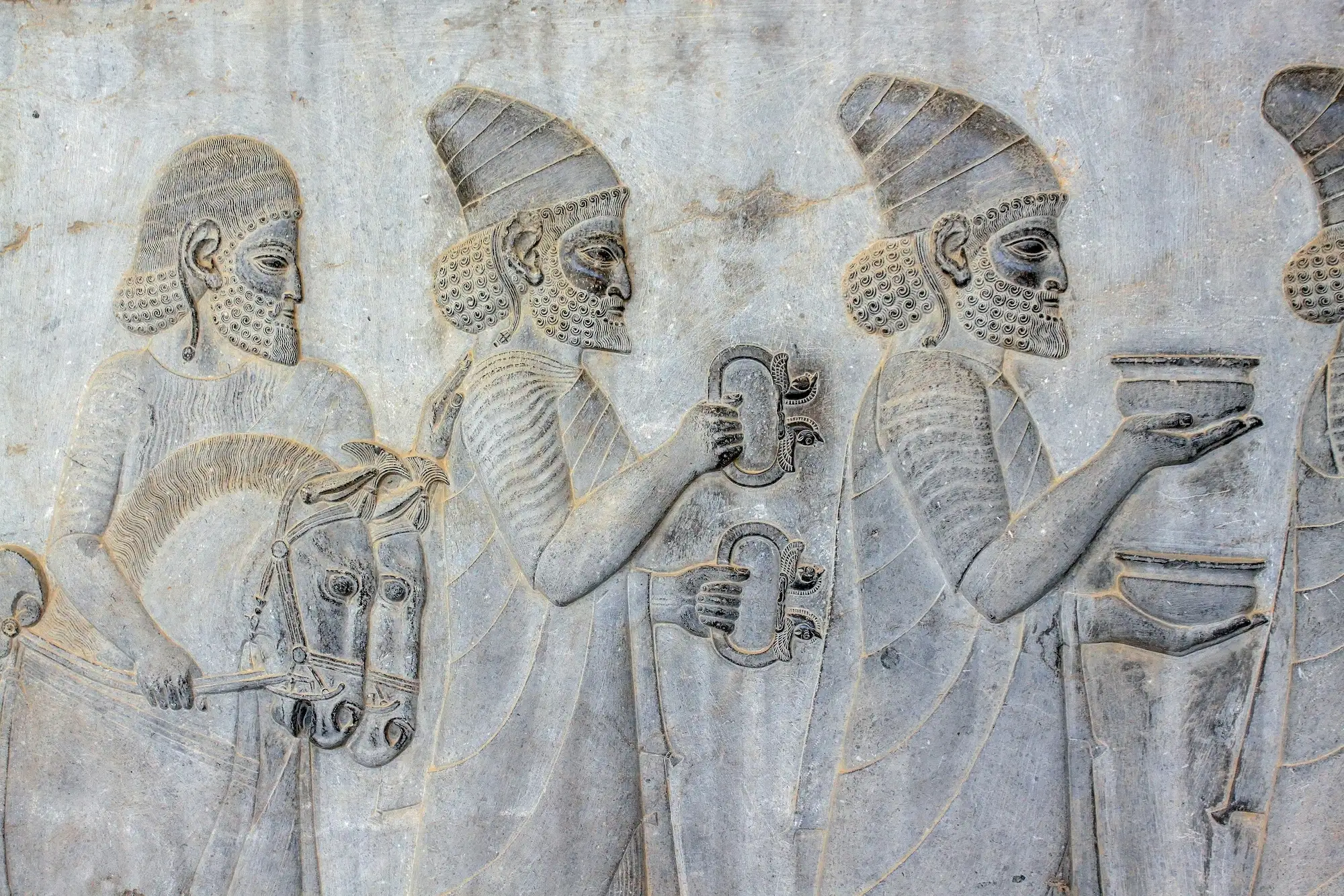
Iranian Culture: Etiquette, Customs & Lifestyle
Social Etiquette
- Hospitality: Iranians are renowned for their warm hospitality, often serving tea and sweets to guests.
- Greetings: Common phrases include "Salam" (Hello), "Dorood" (Greetings), and "Ruz bekheir" (Good day).
National Celebrations
- Nowruz: The Persian New Year, celebrated with the Haft-Sin table and family visits.
- Yalda Night: The longest night of the year, marked with pomegranates, watermelon, and poetry.
Iranian Cuisine
- Signature Dishes: Chelo Kabab, Ghormeh Sabzi, and Fesenjan.
- Famous Souvenirs: Saffron and pistachios.

Exploring Iran’s Most Iconic Historical Sites
Iconic Sites
| Site Name | Location | Historical Era | Unique Features |
|---|---|---|---|
| Persepolis | Shiraz | Achaemenid | Largest stone palace complex in the world |
| Chogha Zanbil | Khuzestan | Elamite | Oldest ziggurat in Iran |
| Naqsh-e Jahan Square | Isfahan | Safavid | UNESCO World Heritage Site |
| Arg-e Bam | Kerman | Parthian | Largest adobe structure in the world |
| Golestan Palace | Tehran | Qajar | Blend of Persian & European art |
Source: UNESCO, Iranian Cultural Heritage Organization
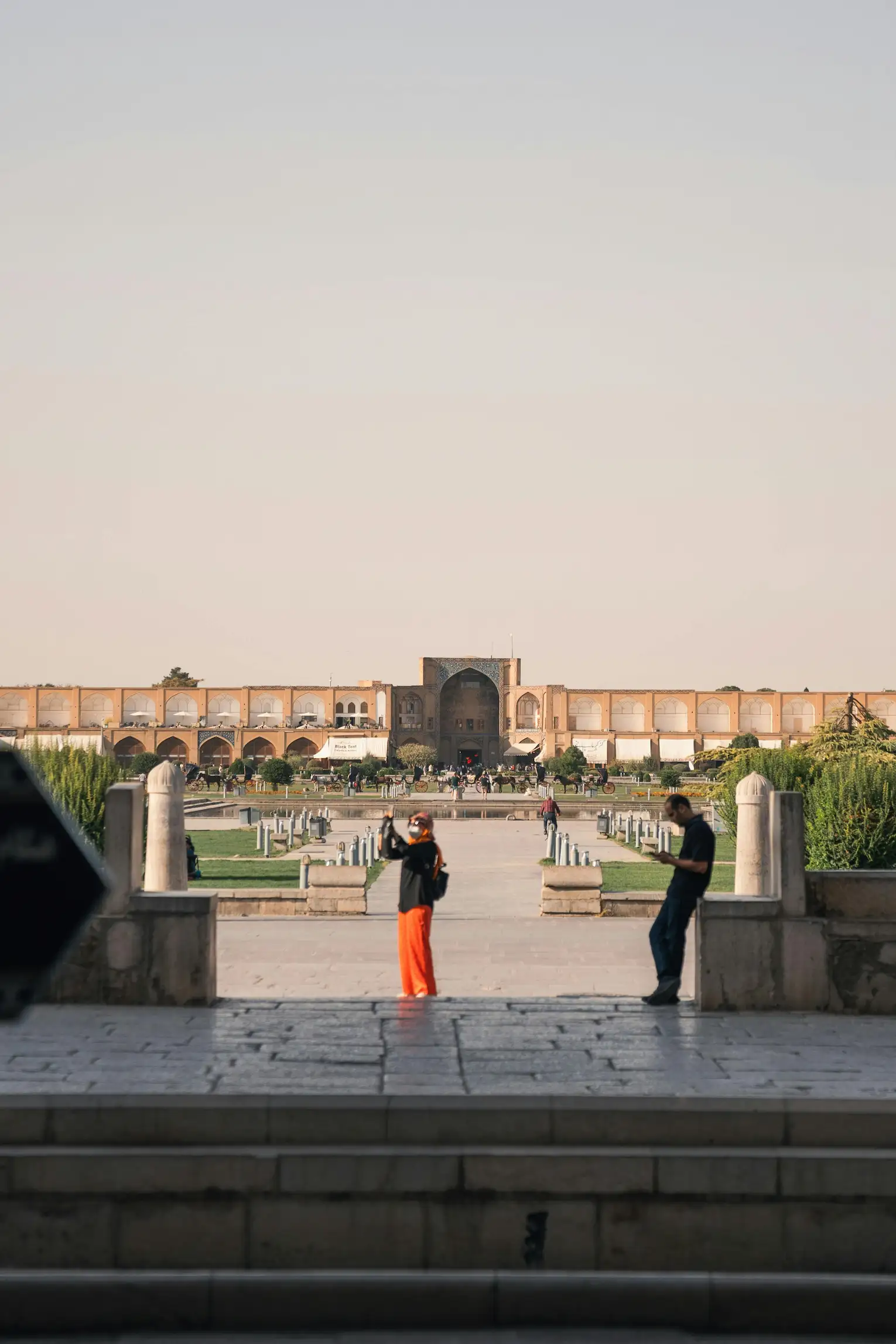
Traveling to Iran: Essential Tips for Foreign Visitors
Travel Tips
- Dress Code: Women must wear a headscarf and modest clothing.
- Privacy: Avoid taking photos without permission.
- Religious Sites: Maintain silence in mosques and shrines.
“Iran’s hospitality and historical sites left me in awe. Hayyan Team made my trip seamless!” - Maria, Spain
Hayyan Team: Combining Healthcare & Cultural Travel
Hayyan Team offers specialized services, allowing travelers to experience Iran’s culture while receiving medical care.
Services
- Customized tours for medical tourists with bilingual guides.
- Accessible historical site visits for those with mobility challenges.
- Cultural programs such as traditional poetry and music nights.
Frequently Asked Questions (FAQ)
FAQs
Is Iran safe for foreign tourists? Yes, Iran is one of the safest countries in the region for travelers.
When is the best time to visit Iran? Spring (March–June) and autumn (September–November) offer the most pleasant weather.
Do I need a visa to travel to Iran? Yes, most nationalities require a visa, though some can obtain it on arrival.
Statistics on Iran’s Cultural Heritage
Cultural Heritage Statistics
- 28 UNESCO World Heritage Sites (26 cultural, 2 natural).
- 54 historical caravanserais on the global heritage list.
- Over 3,000 museums and historical sites nationwide.
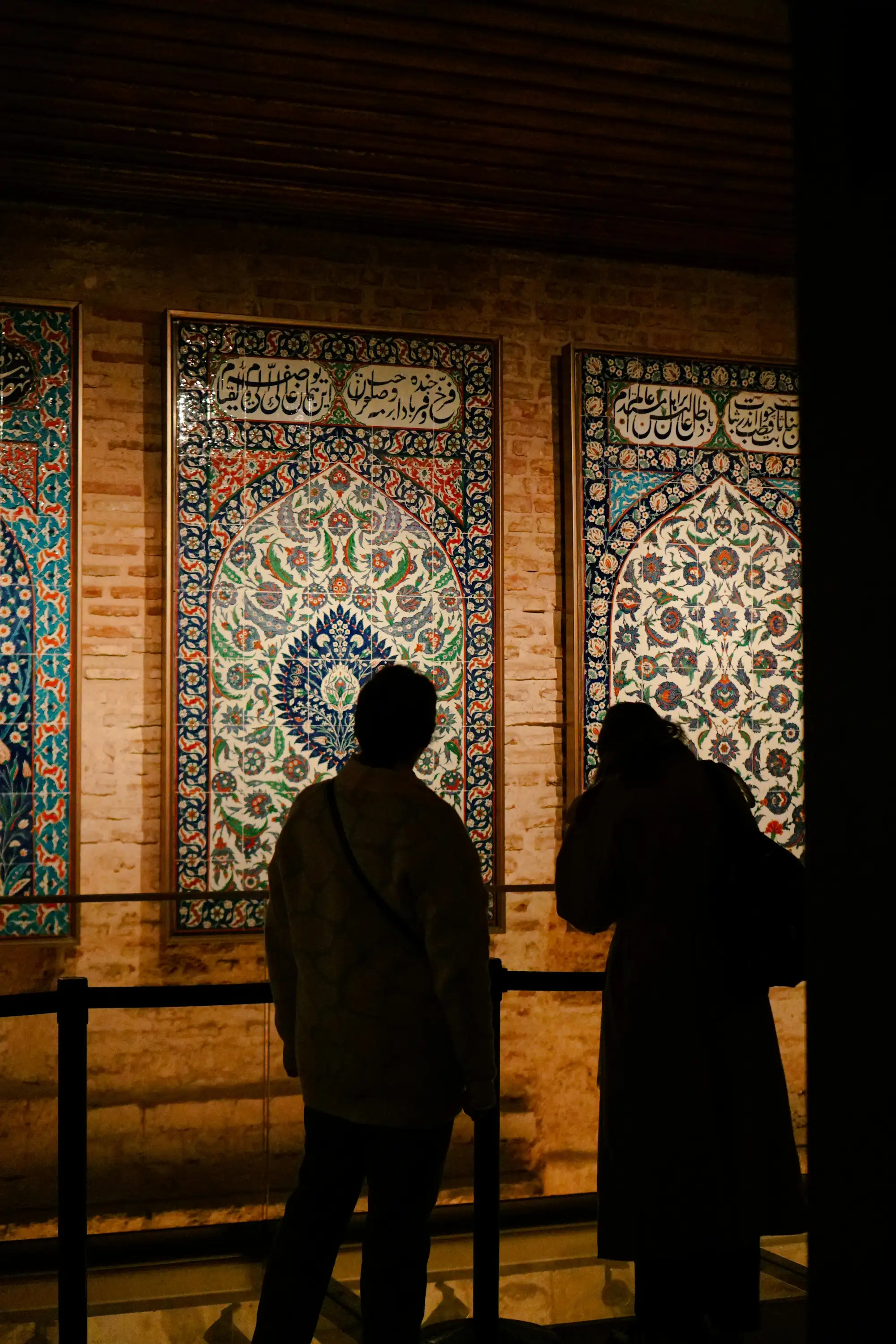
Conclusion: A Journey into the Heart of History & Culture
Iran’s blend of ancient history, rich culture, and stunning architecture makes it a must-visit destination. Hayyan Team ensures an unforgettable journey, combining healthcare with deep cultural immersion.
Final Tip: Plan your trip to include Shiraz (Persepolis), Isfahan (Naqsh-e Jahan Square), and Tehran (Golestan Palace) for the ultimate Iranian experience! Contact Hayyan Team for a personalized travel plan.
Sources: Wikipedia, Iranian tourism websites, and cultural heritage reports.
